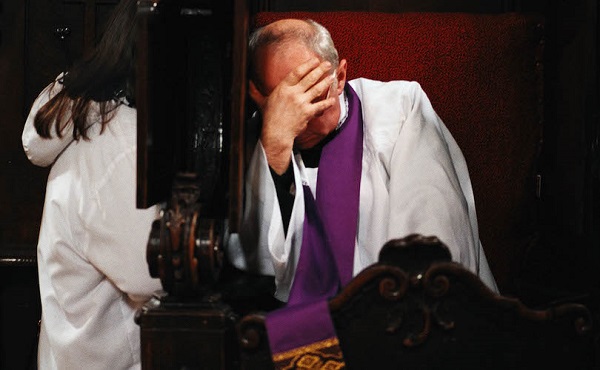One of the Long Range Hypersonic Weapon Transporter Erector Launchers assigned to Bravo Battery, 5th Battalion, 3rd Field Artillery, Long Range Fires Battalion, 1st Multi-Domain Task Force, participates in exercise Bamboo Eagle 24-3 on Nellis Air Force Base, Nev., Aug. 5, 2024.
From The Center Square
The U.S. Army’s newest long-range hypersonic weapon will be called “Dark Eagle” the Pentagon announced Thursday after a successful test flight.
The land-based, truck-launched system is armed with hypersonic missiles that travel 3,800 miles per hour with a range of 1,725 miles. They can reach the top of the Earth’s atmosphere and “remain just beyond the range of air and missile defense systems until they are ready to strike, and by then it’s too late to react,” according to Army statements in a March 2023 Congressional Research Service report.
In December, the U.S. Army’s Rapid Capabilities and Critical Technologies Office, in collaboration with the U.S. Navy Strategic Systems Programs, completed a successful end-to-end flight test of a conventional hypersonic missile from Cape Canaveral Space Force Station, Florida.
“Hypersonic weapons will complicate adversaries’ decision calculus, strengthening deterrence,” said Patrick Mason, senior official performing the duties of the Assistant Secretary of the Army for Acquisition, Logistics and Technology. “Their speed, accuracy and versatility are befitting its new popular name, Dark Eagle.”
Army officials repeatedly delayed tests of the Dark Eagle system after failures in 2021 and 2022, according to the CRS report.
The U.S. Army’s Rapid Capabilities and Critical Technologies Office and the U.S. Navy Strategic Systems Programs partnered to get land and sea variants of a hypersonic weapon system.
The use of a common hypersonic missile and joint test opportunities allow the services to pursue a more aggressive timeline for delivery and to realize cost savings, according to the Pentagon.
A Congressional Budget Office study from January 2023, buying 300 Intermediate-Range Hypersonic Boost-Glide Missiles, which are similar to the LRHW, was estimated to cost $41 million per missile in 2023 dollars.
But that’s just an estimate. Since the 2023 CBO cost estimate, the Pentagon has said little about the per missile cost of the LRHW.
With the Army planning to field LRHWs to units by the end of FY2025 – if the Army’s new leadership team concurs – an actual per missile cost should be available for policymakers,” according to the CRS note. “With an established per missile cost, the Army should also be able to provide Congress with details about the total LRHW stockpile it intends to procure and how long it will take to ‘grow’ the LRHW stockpile.”
The prime contractors on the project are Lockheed Martin, Dynetics Inc. and Dynetics Technical Solutions, according to the CBO report.












